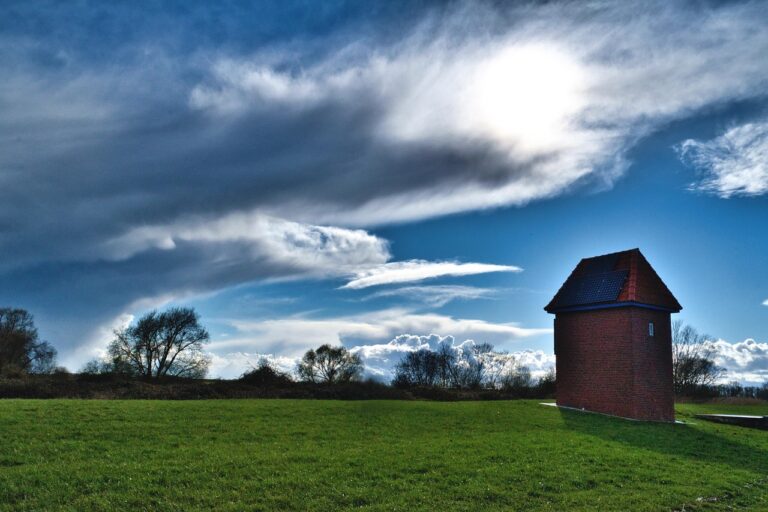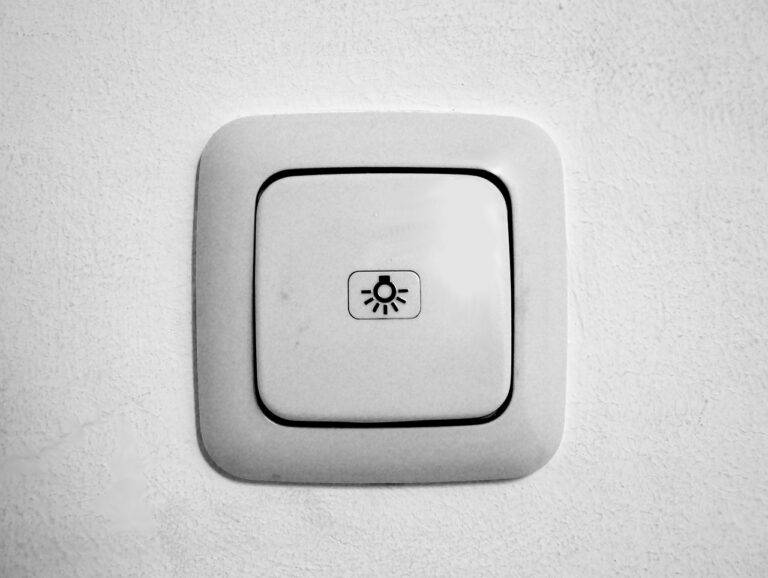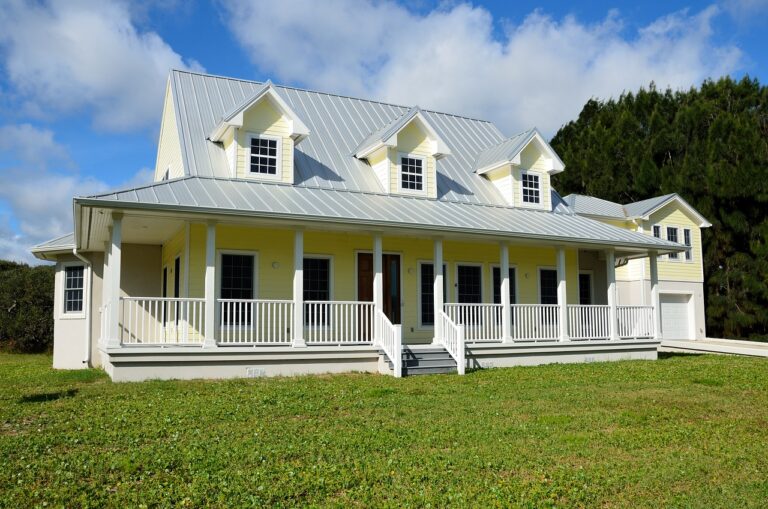Coastal Living: Best Fences for Salt Air: Allpaanel mahadev book, Lotus book 365 registration, Laserbook 247
allpaanel mahadev book, lotus book 365 registration, laserbook 247: Living by the coast can be a dream come true for many individuals. The salty air, the crashing waves, and the beautiful views are just some of the reasons why coastal living is so appealing. However, one thing that many coastal homeowners have to deal with is the wear and tear that salt air can have on their property, including their fences. Salt air can cause metal fences to rust, wood fences to warp, and vinyl fences to become brittle.
So, what are the best fences for salt air? In this blog post, we’ll discuss some of the top options for coastal homeowners looking to protect their property from the corrosive effects of salt air.
Wood Fences
Wood fences are a classic choice for coastal homes, but they do require some maintenance to keep them looking their best. To protect your wood fence from salt air, consider using a sealant or stain to help repel moisture and prevent warping. Opt for rot-resistant wood species like cedar or redwood, which can withstand the harsh coastal conditions better than other types of wood.
Metal Fences
Metal fences can also be a good option for coastal living, but it’s important to choose a material that is resistant to rust. Stainless steel and aluminum are both excellent choices for coastal areas, as they are highly resistant to corrosion. Galvanized steel is another option that provides good protection against salt air, but it may require regular maintenance to prevent rust.
Vinyl Fences
Vinyl fences are another popular choice for coastal homeowners, as they are low-maintenance and resistant to rot and corrosion. However, not all vinyl fences are created equal, so be sure to choose a high-quality vinyl fence that is specifically designed to withstand salt air. Look for UV-resistant vinyl that won’t become brittle or discolored over time.
Composite Fences
Composite fences are a durable and environmentally friendly option for coastal homeowners. Made from a blend of recycled wood fibers and plastic, composite fences are resistant to rot, mold, and mildew. They also won’t warp or crack like traditional wood fences, making them an excellent choice for coastal areas.
Wrought Iron Fences
Wrought iron fences are a stylish and durable option for coastal homes. Wrought iron is highly resistant to corrosion, making it a great choice for salt air environments. These fences can be customized with intricate designs and decorative elements to add a touch of elegance to your coastal property.
Chain Link Fences
Chain link fences are a budget-friendly option for coastal homeowners looking to protect their property from salt air. While chain link fences are not the most aesthetically pleasing option, they are highly durable and require minimal maintenance. To protect your chain link fence from rust, consider coating it with a rust-resistant paint or applying a rust-inhibiting spray.
In conclusion, there are several fencing options available for coastal homeowners looking to protect their property from the corrosive effects of salt air. Whether you choose wood, metal, vinyl, composite, wrought iron, or chain link, be sure to select a high-quality fence that is specifically designed to withstand the harsh coastal conditions. With the right fence in place, you can enjoy the beauty of coastal living without having to worry about your property succumbing to salt air damage.
FAQs
1. How often should I clean and maintain my coastal fence?
It’s recommended to clean and inspect your coastal fence at least once a year to check for any signs of damage or corrosion. Regular maintenance, such as cleaning, sealing, painting, or applying rust inhibitors, can help prolong the life of your fence.
2. Are there any specific plants or landscaping features that can help protect my fence from salt air?
Certain salt-tolerant plants, such as sea oats, beach grass, and saltbush, can help create a natural barrier and protect your fence from salt air. Additionally, using a windbreak, such as a hedge or a row of trees, can help shield your fence from the full force of the salt air.
3. What are some signs that my coastal fence may need to be replaced?
Signs that your coastal fence may need to be replaced include excessive rust, warping, cracking, or brittleness. If you notice any of these issues, it’s best to consult with a professional fence installer to determine if repair or replacement is necessary.







